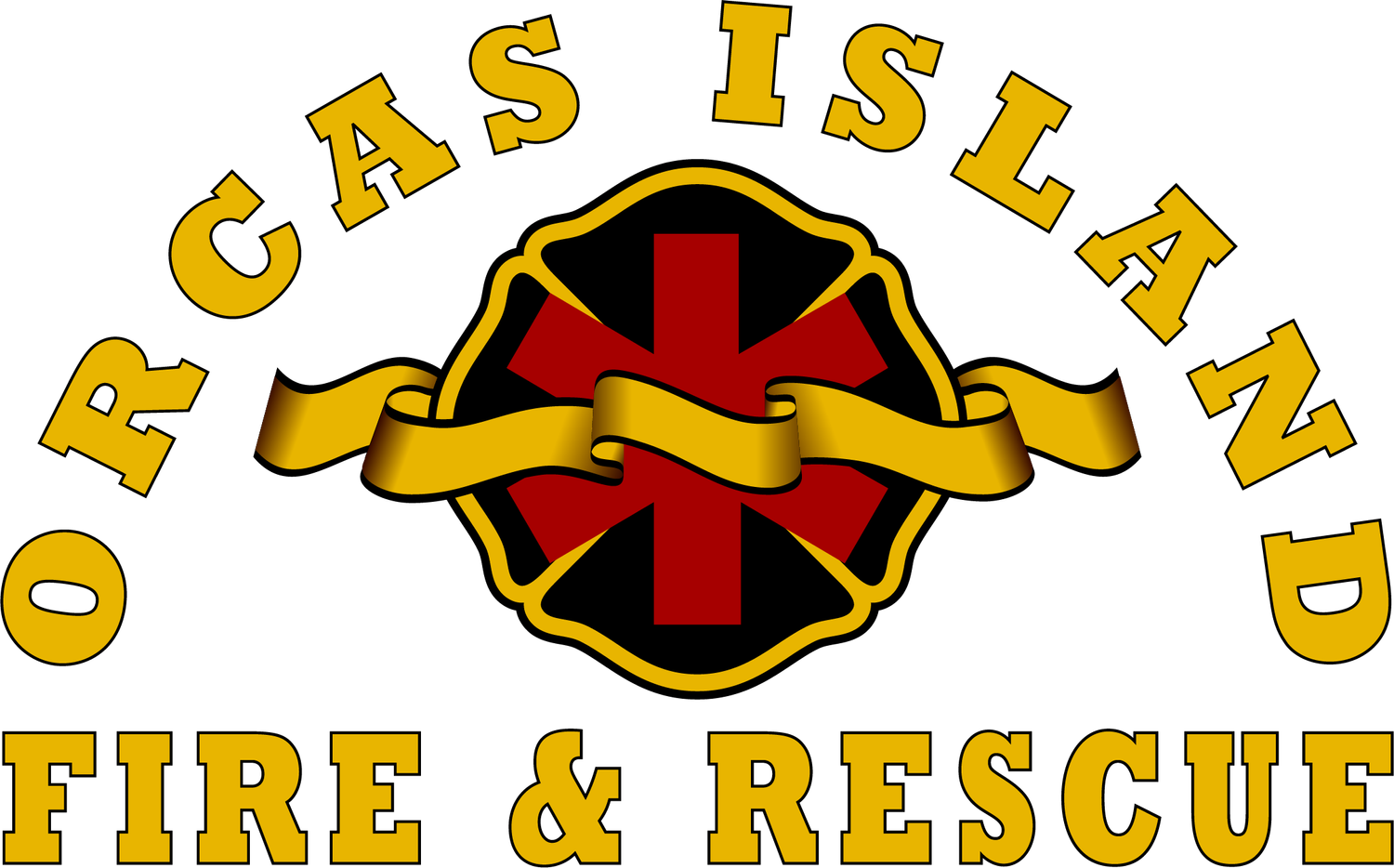Smoke Alarm Safety
Your 24/7 Guardian Against Fire
A working smoke alarm is the only thing in your home that stands guard 24 hours a day, seven days a week. Having a working smoke alarm cuts your chances of dying in a home fire in half.
Sobering Facts
Half of all home fire deaths happen between 11 PM and 7 AM when people are sleeping
Most fatal fires occur in homes without working smoke alarms
Smoke spreads fast - you need early warning to escape safely
Essential Smoke Alarm Guidelines
Installation Basics
Install on every level of your home
Place in every bedroom and outside sleeping areas
Mount on ceilings or high on walls (smoke rises)
Keep 10 feet away from cooking appliances to avoid false alarms
Battery-Powered Alarms
Test monthly by pressing the test button
Replace batteries annually or when chirping starts
Replace the entire unit every 10 years
Hardwired Alarms
Test monthly even though they're connected to house power
Replace backup batteries annually
Have electrical issues checked by qualified electricians
When Your Alarm Sounds
Get out immediately - don't investigate or gather belongings
Stay low where air is cleaner if there's smoke
Feel doors before opening - hot doors mean fire on the other side
Call 911 from outside once you're safely out
Never go back inside for any reason
Common Problems
Chirping alarm? Usually means the battery needs replacement
False alarms? Check placement - alarms too close to kitchens or bathrooms cause problems
Old alarm? Smoke alarms expire after 10 years and lose effectiveness
Special Considerations for Island Living
Power outages are more common on islands - battery backup is essential
Remote location means longer emergency response times - early detection is critical
Seasonal homes need alarms checked before each occupancy period
Types of Smoke Alarms
Ionization alarms detect fast-flaming fires better
Photoelectric alarms detect smoldering fires better
Dual-sensor alarms provide both types of protection (recommended)
Smoke Alarm Limitations
We cannot service hardwired alarms - contact a qualified electrician
Alarms don't prevent fires - they only provide early warning
Dead batteries make alarms useless - maintenance is your responsibility
Make It Part of Your Safety Routine
Monthly: Test all alarms
Annually: Replace batteries and clean alarm surfaces
Every 10 years: Replace entire units
Questions about smoke alarm placement or safety? Contact Orcas Island Fire & Rescue at (360) 376-2331. We're here to help keep our community safe.
Remember: The best smoke alarm is a working smoke alarm. Test yours today.
